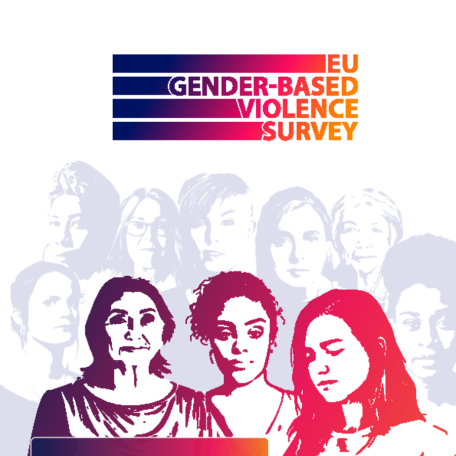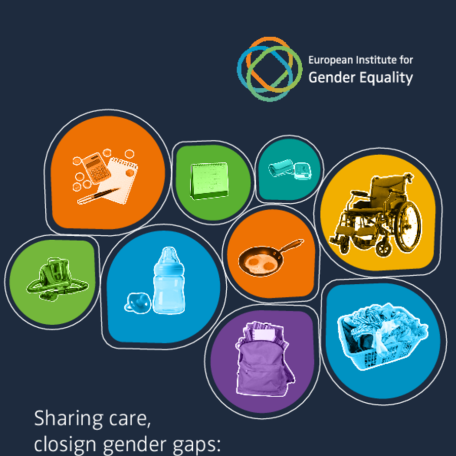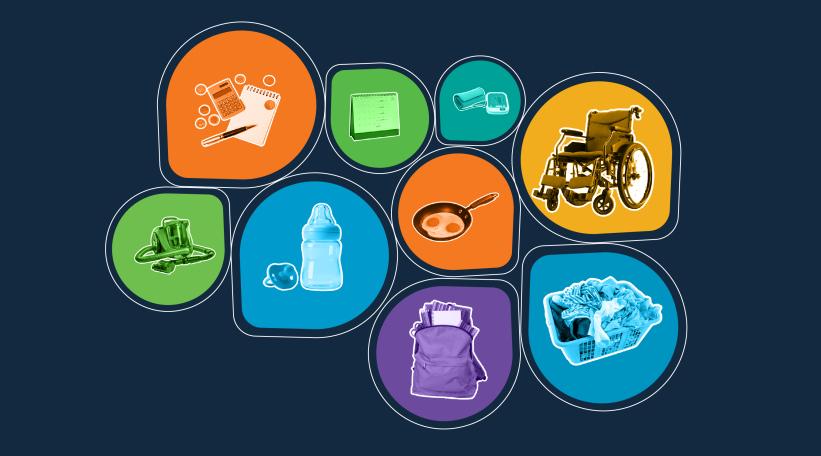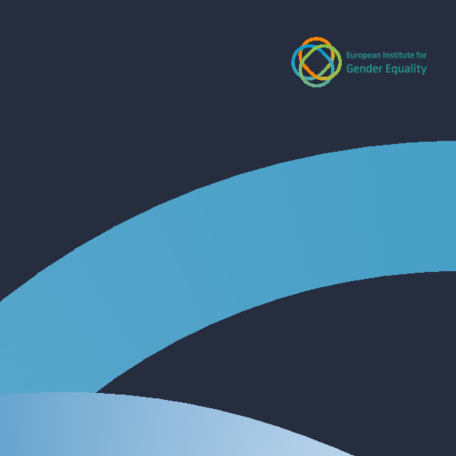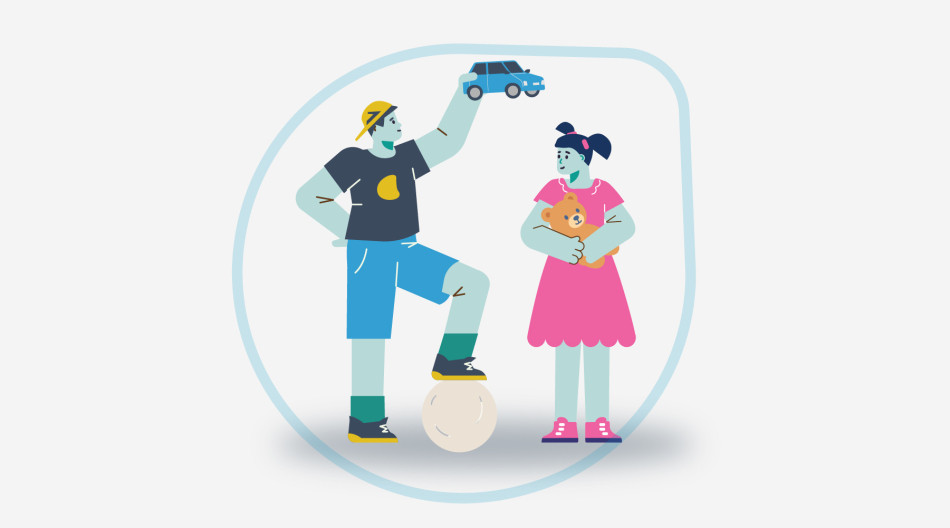
Despite high-level support for equality, stubborn gender stereotypes still steer choices at home, at work and in public life. Under the Danish EU Presidency, can we better align policy with Europe’s ambition to become a Union of Equality?
While Nordic countries score strongly on many gender equality indicators, that does not make them immune to harmful attitudes and behaviours surrounding femininity and masculinity.
“Gender stereotypes are present in all Member States, Denmark included. We’ve come a long way, but we’re not there yet,” says Danish Minister for Environment and Gender Equality, Magnus Heunicke.
“If we don’t continue to push for progress, then we’re likely to experience a backlash. There are forces that want this backlash to happen. So, we all have work to do… it's crucial that we stand united.
Over the coming months, EIGE will continue to support policymakers – see the contribution to various consultation processes - as they strive to move from acknowledging harmful stereotypes to systematically deconstructing them.
Stereotypes are not biological facts; they are socially constructed. And that places responsibility squarely with policymakers to design them out of systems in education, labour markets, health and leadership.
What do Europeans believe, and why does it matter for policy?
Across the EU, some perceptions unite women and men: 91% of women and 89% of men agree it is equally important for both to be financially independent.
Yet major divides persist on family roles, work and violence.
- Family roles: Many in the EU (44%) still believe “the most important role of a woman is to take care of her home and family.” Though gaps between Member States are stark: in Denmark the figure is 10%, compared to 74% for Bulgaria.
- Work & leadership: 31% of men think that “men make better leaders than women” (compared to less than one-in-five women), while 45% of men believe they earn more “because their jobs are more demanding”.
- Violence & consent: Around half of men think “feminism has gone too far”, while more than one-in-three think it’s acceptable for a man to control his partner’s social activities or relationships.
These beliefs, highlighted in the Eurobarometer survey on gender stereotypes, are not abstract. They can shape the effectiveness of policy, from parental leave and childcare to violence-prevention measures.
Smart policy decisions must take these perceptions into account if it is to deliver equal outcomes for all.
How do we keep equality and competitiveness aligned?
Minister Heunicke believes that Europe’s competitiveness drive is sometimes misread as a reason to roll back values-based regulation.
“Some in the EU read the Draghi report and interpret it as saying we should stop having politics connected to our values. But that’s not what the report is about,” he says.
“In Denmark, we fully support the need to deliver on competitiveness. There will be a huge backlash if we stop working for equal rights and go back to a time where we only look for the talent in half the population.
“That would be a backward step in terms of women's rights, gender equality and economically. That's not the way for the EU to stay as strong as possible in the global market.”
With Denmark steering the EU Presidency, this is the moment to hard-wire equality into the EU’s growth agenda. Ensuring each new policy checks for hidden gender bias, so competitiveness and equality pull in the same direction.
How do toxic stereotypes harm men and boys?
Equality is not a zero-sum game. Deep-rooted inequalities are everyone’s problem, and failing to address them can prove harmful for all genders.
The widely held opinions, that a man’s role revolves around being the main breadwinner and that a woman’s place is in the home, as revealed in the aforementioned Eurobarometer survey, still stand in the way.
“It should never be about a fight between the genders. It’s about women AND men,” says Minister Heunicke.
“Male suicide rates are worrying. It's especially important that we see and hear the problems that young men experience. And that we create answers to their problems regarding mental health and unrealistic stereotypes that are impossible to live up to.
“It’s really important to have everyone on board here, or we risk losing a whole generation. Especially if this polarisation continues.”
Policy responses that include mental-health services and emotional literacy in schools or workplaces can normalise seeking help and improve outcomes.
Seeing gender stereotypes through this lens only strengthens the case for action. So that men can care without stigma. Sharing the responsibility for tackling inequality can build a bridge between policy and communications.
How can leaders speak out beyond the policy bubble?
To reduce polarisation, Minister Heunicke recommends anchoring the debate in people’s everyday lived experiences.
“The paradox is that in every family and in every house we have friends, coworkers, family who are of the opposite sex, or who are members of the LGBTI community,” he says.
“It's important to have the debate based on what's happening in our societies. Sometimes it's the small everyday examples that have a large impact. Abstract or hard to understand examples can drive the conversation in the wrong direction.
“It's our sisters, our daughters, our wives, our mothers that we're talking about here. It's not a war against anybody, it's a war for something for all of us. We have to respect and understand people’s reality and not turn it into a contest for who can be the most extreme.”
By following this advice and sharing relatable proof points to support the case they’re making, policymakers can build wide alliances rather than hardening camps.
Minister Heunicke highlights Denmark’s recent strengthening of reproductive rights as a case where values and public sentiment aligned despite political noise.
“Some right-wing parties tried to campaign against it, but we saw a huge majority in parliament. What I have witnessed since is that people see this as a fundamental right we have strengthened,” he says.
The lesson here is that when reforms are framed in terms of everyday fairness and safety, they can command broad support.
Policy design that is aware of stereotypes, and understand their real-world impact needs commitment, which would help bridge our communities.
And together we can build a stronger, more equal Europe.
